
My Opinion | Oct 30,2021
Lame Dairy, the processor of Shola Milk and one of the 70 subsidiaries of MIDROC Ethiopia Technology Group, plans to double its production capacity and expand its facility.
The expansion, which is expected to be completed in half a year, will boost its production and processing capacity from 70,000lt of milk a day to 160,000lt. The planned project will be located adjacent to the existing plant located in Gurd Shola, along Asmera Road in Bole district.
Midroc Construction, a subsidiary of the MIDROC Group, the conglomerate founded by the Saudi billionaire Sheikh Mohammed Hussein Ali Al-Amoudi, has been constructing the plant for the last three years. Established in 1993 with half a billion Birr in capital, Midroc Construction has implemented the Sheraton Addis Hotel project, Meqelle Referral Hospital and the Ethiopian Airlines Cargo terminal, among others.
Lame Dairy, which sources half of its milk supply from five different locations in Debre Birhan, Fiche, Sendafa, Melke Turi and Holeta, has invested four million euros in importing machinery from Italy, and once it goes operational, the plant is expected to hire 100 employees to augment its current roster of 312 employees.
The structural work of the new plant is completed and what remains is the installation of the machinery. The new products will be pasteurised milk in quarter, half and one-litre polyethene terephthalate bottles instead of the current half litre plastic pouches.
The company plans to increase the volume of milk it collects by adding new locations to its current list, according to Mesfin Shiferaw, head of procurement at Lame Dairy. The plant was established in 2007 after MIDROC acquired Dairy Products Development Enterprise from the government for 62 million Br.
”We will also need to buy more milk from the traders to ensure there won’t be any interruption to our production capacity,” Mesfin added.
Lame’s milk buyers conduct quality control to check the alcohol content, density and fat content of the raw milk collected before it takes deliveries from its suppliers.
Due to quality issues, the company sometimes rejects thousands of litres of milk, according to Kebede Amede, general manager of Lame Dairy.
"That is why we are considering establishing a dairy farm business," said Kebede. "We also provide animal feed to the farmers as a subsidy to ensure we receive high-quality milk."
Currently, there are 40 milk processing companies in the country with a combined processing capacity of 200,000lt of milk a day - a figure that has doubled from half a decade ago. Milk production in the country has been growing by 4.1pc annually, but per capita consumption of milk at a national level stands at 19lt, down from 22lt just a quarter of a century ago. Last year's milk production in the country was 4.1 billion litres of milk.
"As the urban population that demands packaged foods like pasteurised milk grows, so has the number of processors," said Hailu Regassa, director of milk industry at the Milk & Meat Industry Development Institute.
Lately, the capital was hit by a shortage of milk and steep price escalations, which suppliers attributed to shortages in animal feed.
"The gap is caused by the poor managerial skill of smallholder farmers who supply the milk, according to Tsega Lemma, a lecturer on agricultural economics at Jimma University, adding that the cow breeds in Ethiopia also have a lower productivity of milk.
To improve the quality and quantity of milk, farmers should receive training on how to better manage their cows and the milk they produce, according to him.
"On top of that, they should get access to better breeds of cows that produce more milk," he said.
PUBLISHED ON
Jun 08,2019 [ VOL
20 , NO
997]

My Opinion | Oct 30,2021
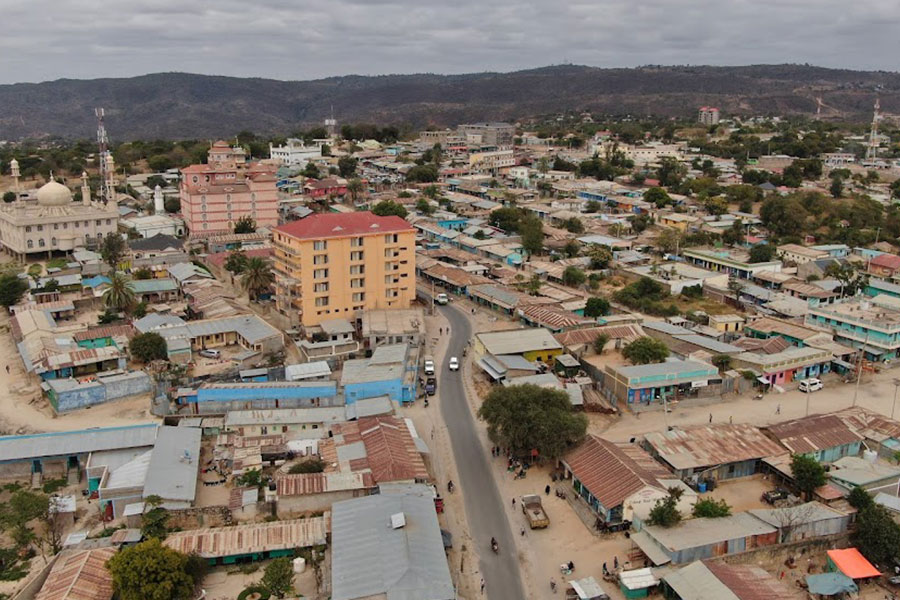
Fortune News | May 07,2022

Radar | Apr 08,2023

Radar | Apr 13,2019
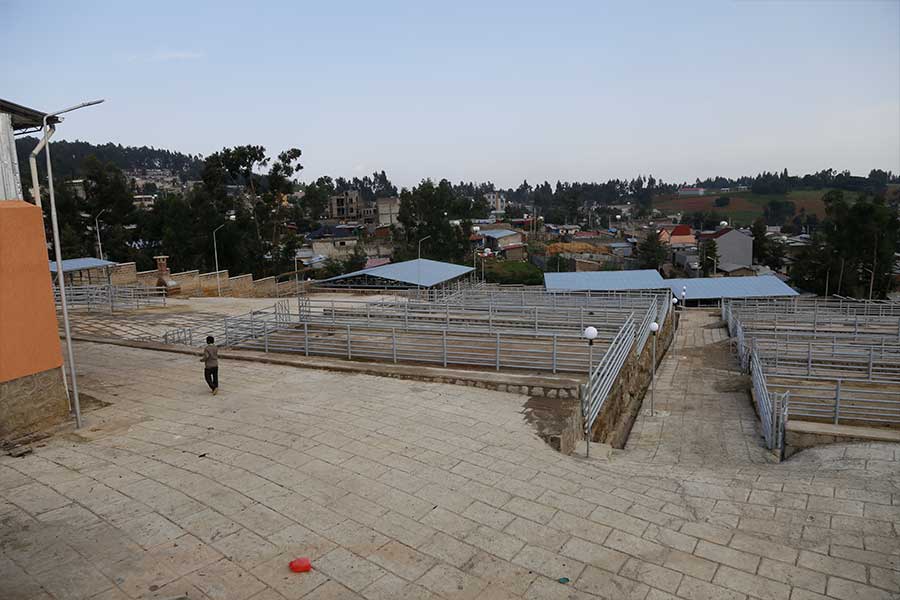
Fortune News | Jul 13,2020

Commentaries | Mar 07,2020
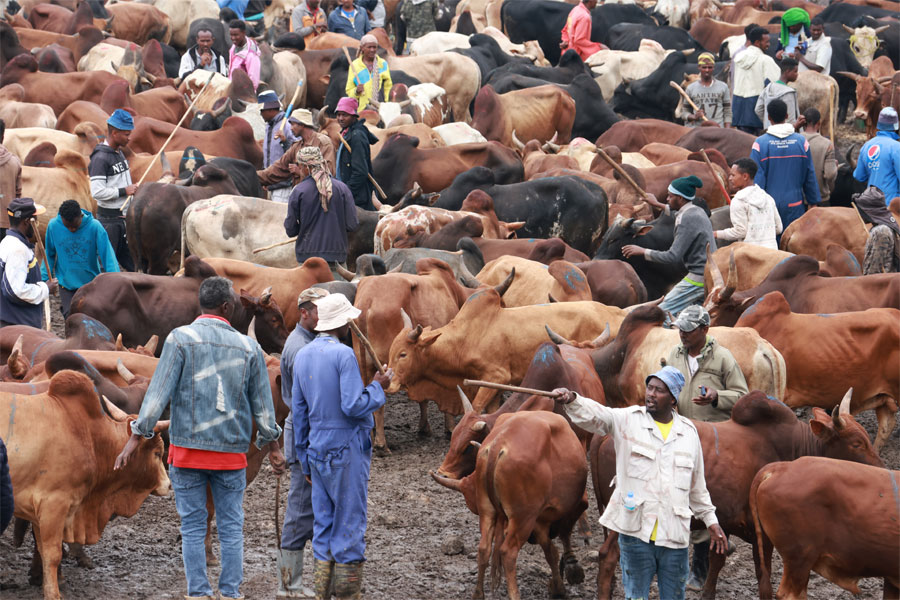
Agenda | Sep 09,2023
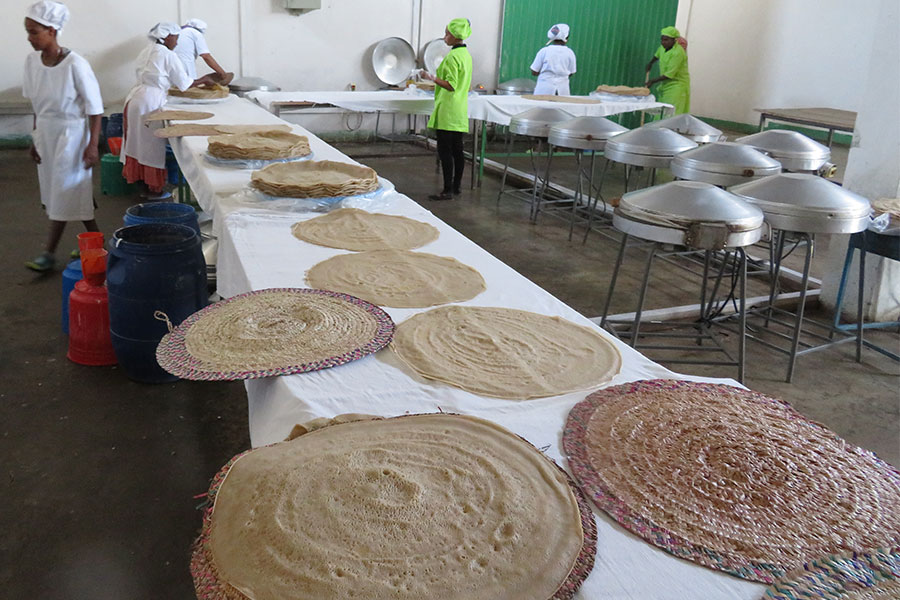
Featured | Mar 07,2020
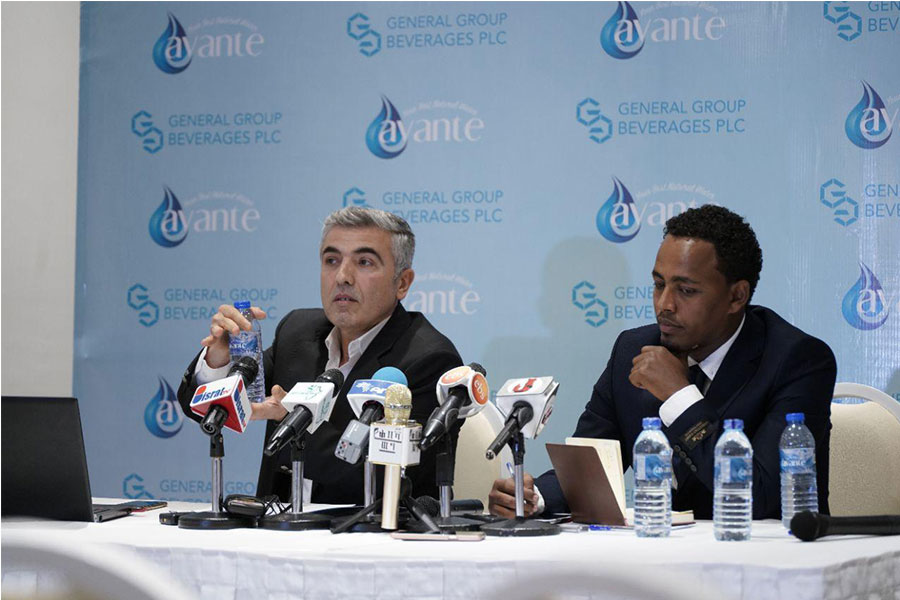
Fortune News | Apr 08,2019

Radar | May 13,2023

Jul 13 , 2024 . By AKSAH ITALO
Investors who rely on tractors, trucks, and field vehicles for commuting, transportin...

Jul 13 , 2024 . By MUNIR SHEMSU
The cracks in Ethiopia's higher education system were laid bare during a synthesis re...

Jul 13 , 2024 . By AKSAH ITALO
Construction authorities have unveiled a price adjustment implementation manual for s...

Jul 13 , 2024
The banking industry is experiencing a transformative period under the oversight of N...

Jul 20 , 2024
In a volatile economic environment, sudden policy reversals leave businesses reeling...

Jul 13 , 2024
Policymakers are walking a tightrope, struggling to generate growth and create millio...

Jul 7 , 2024
The federal budget has crossed a symbolic threshold, approaching the one trillion Bir...

Jun 29 , 2024
In a spirited bid for autonomy, the National Bank of Ethiopia (NBE), under its younge...